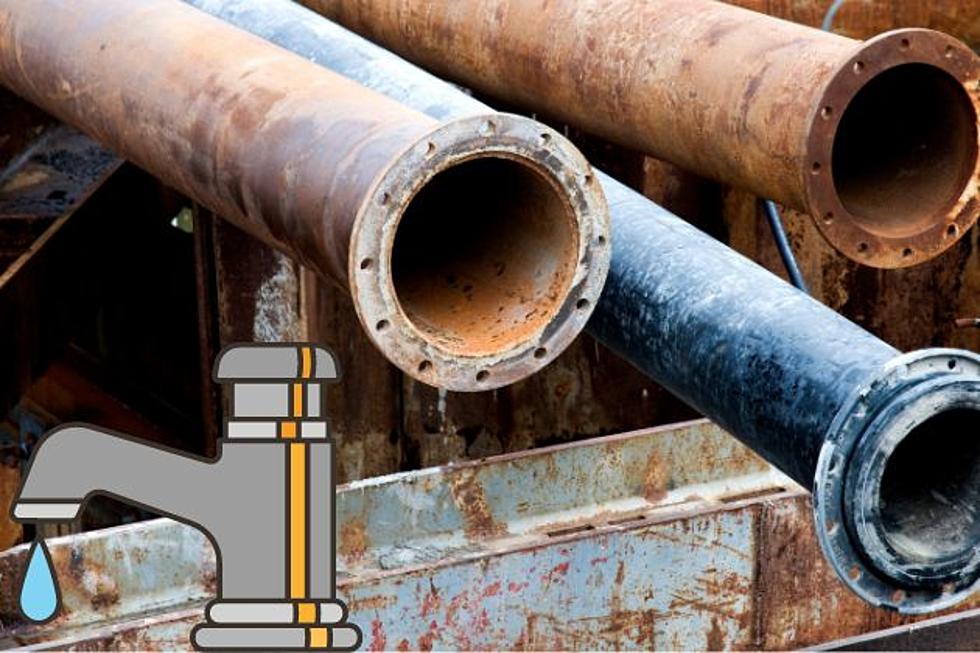
NJ American Water replacing lead lines — is your water safe?
Work is underway by New Jersey American Water to get every lead and galvanized service line replaced by 2031.
But the goal can't truly be reached until the utility learns the material of all the lines going into people's homes.
According to an update shared by New Jersey American Water, the utility has replaced 4,000 lines throughout the Garden State so far — a law signed in 2021 mandated that all the work be completed over the next 10 years.
So far, New Jersey American Water has identified 24,000 water service lines that need replacement. But the actual number could be double that, or more, according to utility president Mark McDonough.
"I think it would be safe for us to assume that we're going to be somewhere between 40,000 and 60,000," McDonough told New Jersey 101.5.
Utilities don't typically know the material of the service line that's technically owned by the customer. So, as of now, the material that makes up several hundred thousand lines remains unclear, McDonough said.
New Jersey American Water serves 2.8 million people.
New Jersey American Water recently launched a campaign urging residents to do the analysis themselves. The company says homeowners can report the service line material after following a few simple steps at home.
Check here for a step-by-step guide. Below is a video created by New Jersey American Water.
This interactive map will tell you whether the utility already knows the material of your line.
“For this effort to truly be successful, we need everyone to ‘pipe up’ and tell us what their service lines are made of, so we can work together to get the lead out of New Jersey, once and for all,” said McDonough.
At homes that fail to do self-reporting, the utility will eventually need to dig a hole on the property to get the answer.
New Jersey American Water notes that if your service lines contain lead, that does not mean you can't use water as you normally would. The company says it regularly tests for lead in drinking water, and the water delivered to customers meets state and federal water quality regulations, including those set for lead.
Replacing a line is typically a one-day job, McDonough said. When the job is complete, residents are given instructions on how to flush out their lines.
Report a correction 👈 | 👉 Contact our newsroom



